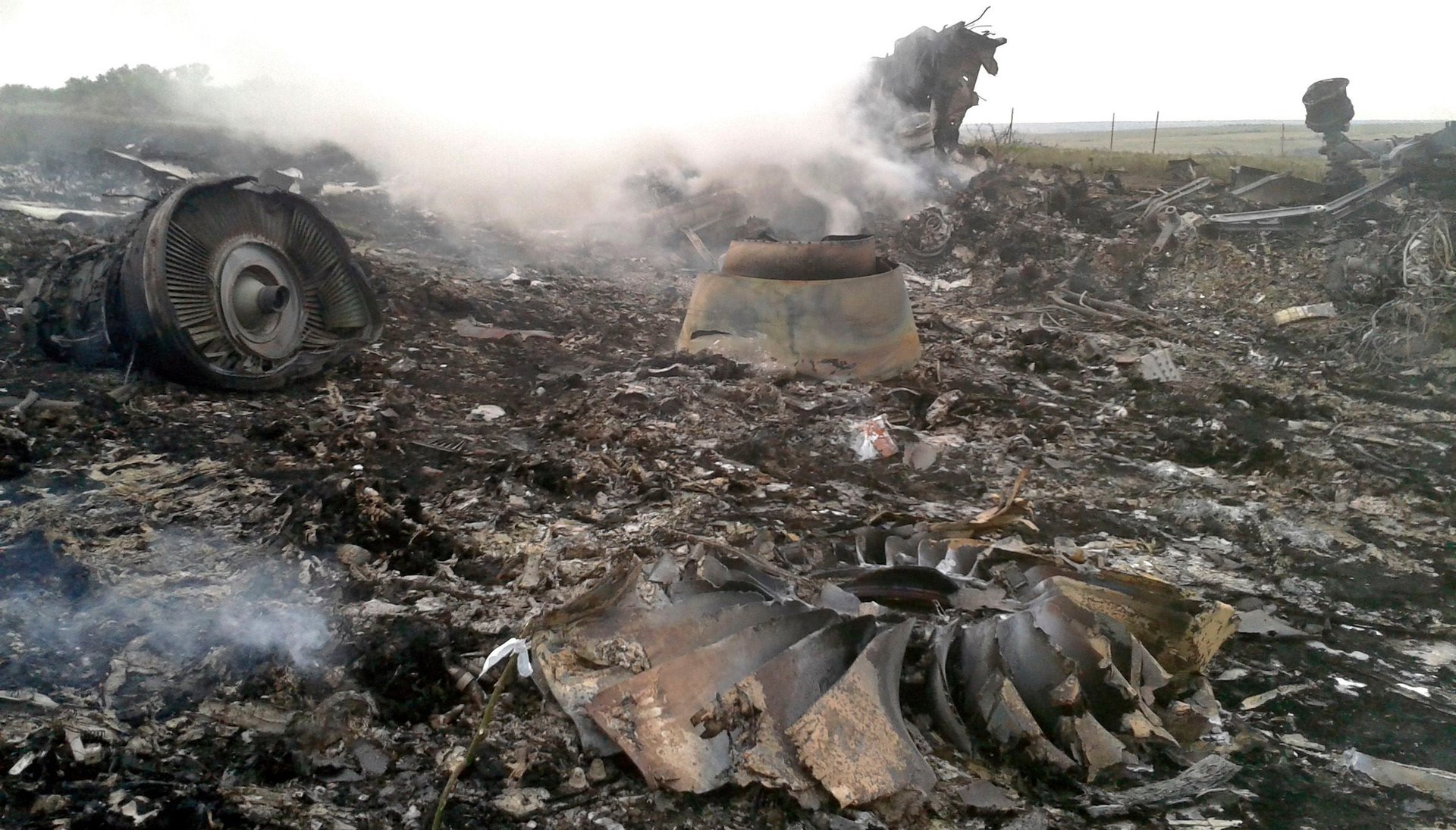MH17 also claimed the life of a pillar of AIDS research
Among the 298 passengers aboard Malaysian Airlines flight 17 were nearly 100 AIDS researchers, activists, and medical personnel (seven of whom have been confirmed dead) headed to the 20th International AIDS Conference in Melbourne, Australia.


Among the 298 passengers aboard Malaysian Airlines flight 17 were nearly 100 AIDS researchers, activists, and medical personnel (seven of whom have been confirmed dead) headed to the 20th International AIDS Conference in Melbourne, Australia.
One of the top scientists who died in the crash was Dr. Joep Lange, who spent over 30 years researching HIV and was head of the department of global health at the University of Amsterdam. Quartz talked to Dr. Diane Havlir, the chief of the HIV/AIDS Division at the University of San Francisco in California, and long-term colleague of Lange and others lost in the tragedy. Havlir remarked on what his death means for the future of AIDS research:
This tragedy is a devastating loss for the AIDS community. Dr. Joep Lange was a pioneer in the field, a leader in global access for HIV treatment, and a visionary.
A former president of the International AIDS Society, Lange’s contributions extended from spearheading work on triple therapy, a treatment which has given HIV-positive individuals longer lives, to making HIV treatment affordable for patients living in poor countries. He published over 350 peer-reviewed scientific papers and was the architect and principal investigator of several pivotal trials on the prevention of mother-to-child HIV transmission. We asked Havlir how this tragedy will affect the future of the international AIDS movement:
The AIDS community has no borders. We all mourn the loss of Joep and the victims and will continue to carry on their vision to end this epidemic. We will honor them by attending the conference and carrying the banner to end AIDS.
Officials are still unsure how many of the expected 14,000 conference attendees were onboard MH17 and nearly canceled the event, yet decided to go ahead as planned in an effort to bring together the international AIDS community and devise a roadmap to end the HIV pandemic.